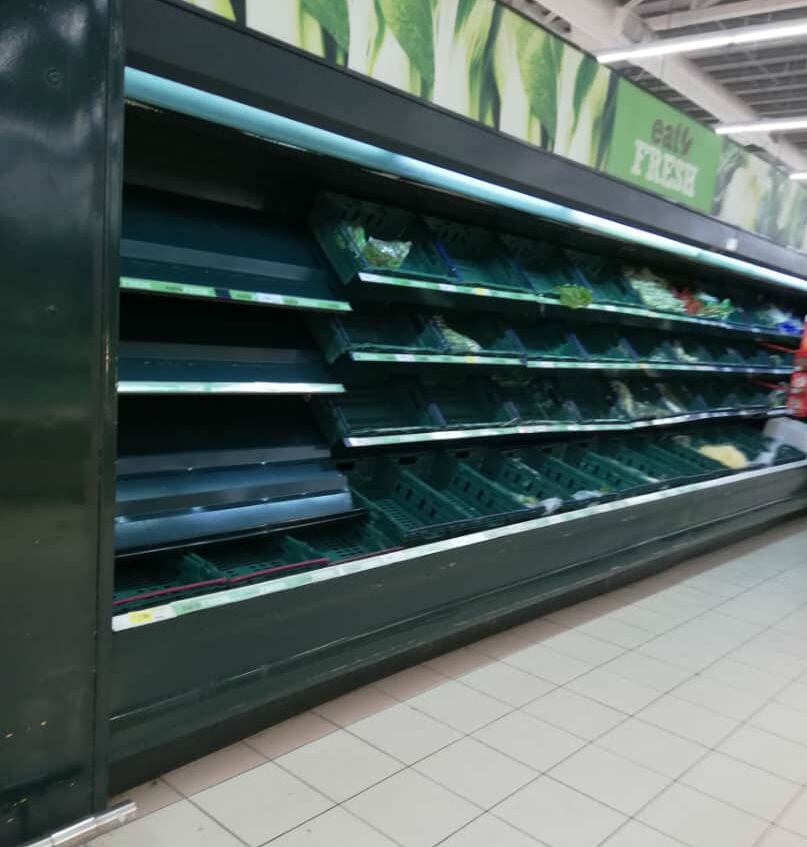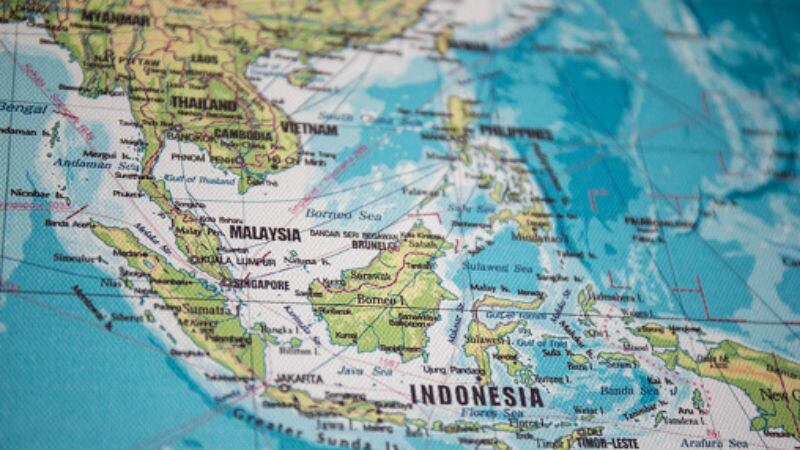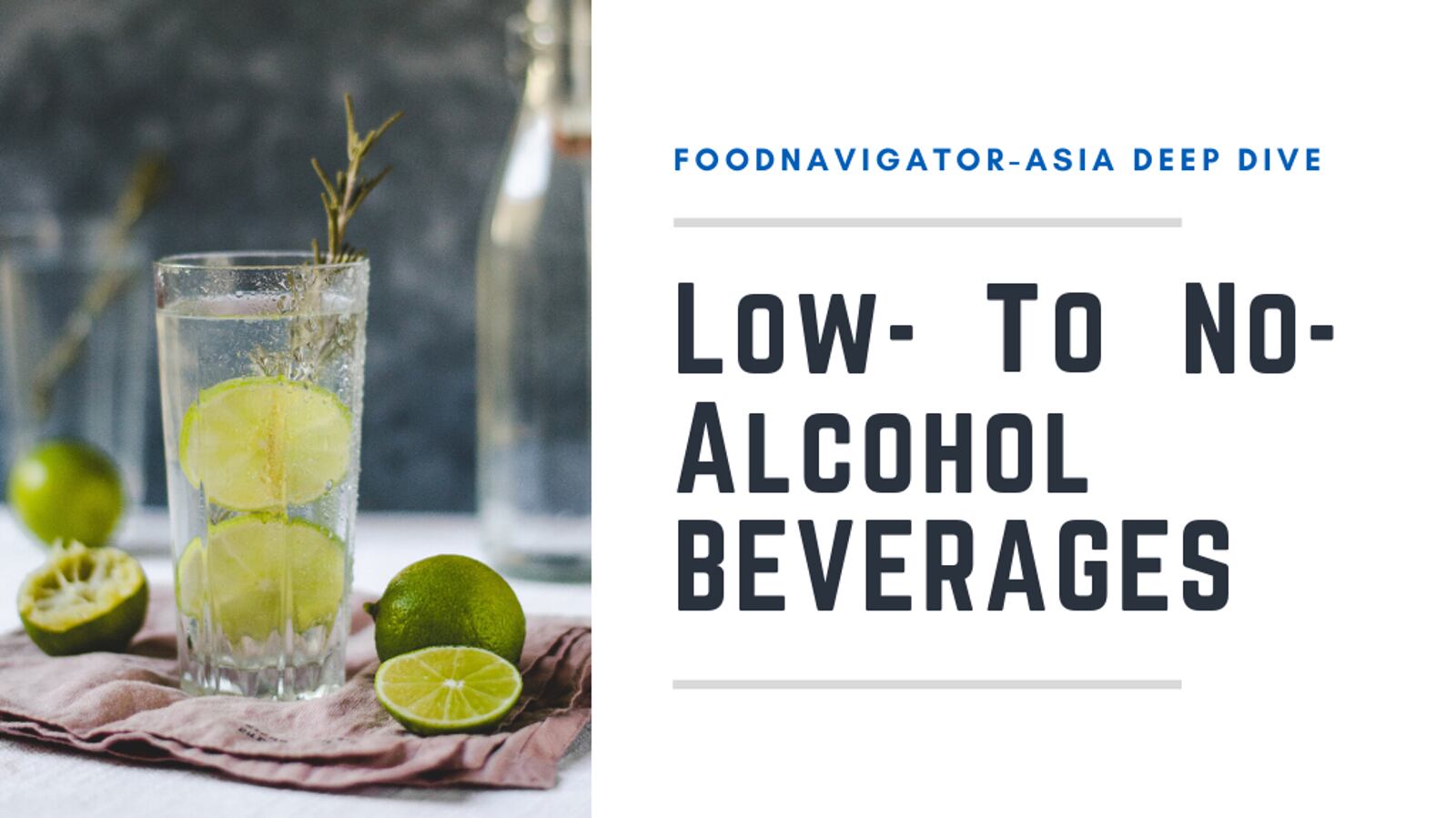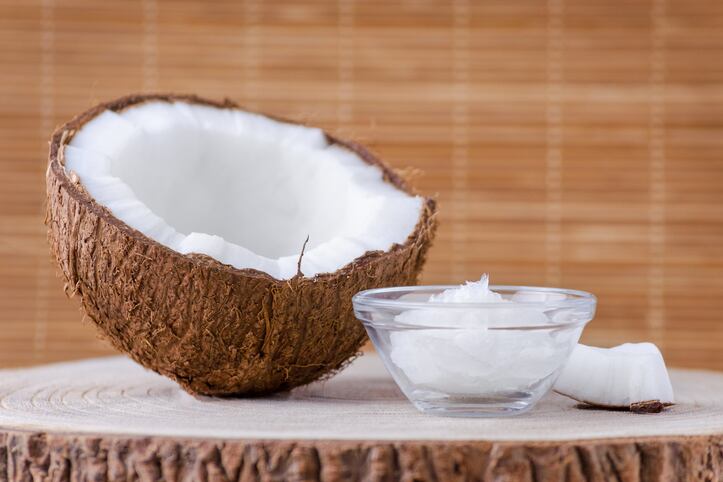This was two-week-old Malaysian Prime Minister Muhyiddin Yassin’s first major crisis announcement after ousting predecessor Tun Dr Mahathir Mohammad from Parliament in early March.
“The government’s priority now is to avoid the spreading of new infections, which will affect more people. [Therefore], drastic action needs to be taken [and] the government has decided to implement the ‘restriction of movement order’ starting from March 18 to March 31,” Muhyiddin said in a live telecast on March 16.
The order means that all businesses will need to temporarily close (except for retailers selling daily essentials like food), including all government and private premises not providing essential services (telecommunication, healthcare, utilities, etc.).
It also meant that all borders were to be closed, so Malaysians would not be allowed to leave the country for two weeks, and all foreigners would not be allowed in.
This sparked an immediate state of near-panic not just in Malaysia where thousands of people poured out to stores to stock up on supplies the same night of the announcement, but also in Singapore where another round of panic-buying commenced, the second the country has seen since the COVID-19 outbreak started.
This was primarily due to the fact that trade relations between both countries are close, and Malaysia has been a major supplier of fresh produce for Singapore for many years. The closure of borders was viewed as a move that will prevent this produce from making its way into Singapore.
According to data from Singapore’s ex-food authority the Agri-Food and Veterinary Authority (AVA), Malaysia has traditionally been Singapore’s largest supplier of eggs, vegetables and fruits, and its second-largest supplier of chicken and fish.
In terms of actual supply, this may not even fully reflect Singapore’s dependence on its neighbour as they do not account for the amount of groceries and fresh produce that many Singaporeans tend to cross the Singapore-Malaysia border to purchase directly from Malaysian supermarkets and other stores, usually on a weekly basis.
That said, Singaporean Prime Minister Lee Hsien Loong posted on his Facebook page on March 17 in an attempt to reassure citizens that despite the closed borders, food supplies from Malaysia would continue.
“Prime Minister Tan Sri Muhyiddin Yassin and I discussed the situation on the phone today,” Lee said.
“I was happy to hear his reassurance that the flow of goods and cargo between Singapore and Malaysia, including food supplies, would continue.”
Emphasis has been placed on the fact that this border closure will affect the people travelling to and from Singapore but not the cargo – but no further details have yet been published by either government on how this is expected to take place as usual given the border closures.
Examples of issues that need to be addressed here include how food is supposed to be transported over if no cargo truck drivers are allowed in (a large portion of Singapore’s supply from Malaysia is brought in by land), and whether more stringent monitoring and testing will be put into place to ensure the safety of all incoming food items, as COVID-19 is also known to be able to survive without a host for some time, though the exact length of external survival has not yet been identified.
As of March 18, a Singapore-Malaysia Special Working Committee on COVID-19 has been established to coordinate the flow of goods, cargo and food supplies between both countries, which will hopefully provide some solid answers.
Supply said to be reliable – but sources dubious?
Singapore’s Minister of Trade and Industry Chan Chun Sing made his own announcement in response to Malaysia’s border closure, assuring Singaporeans that the country was ‘not facing any shortages’.
“The Government has been actively working with essential firms such as NTUC FairPrice, Sheng Siong and Dairy Farm International to increase our stock of food and essential supplies over the last two months,” said Chan via his Facebook page.
“This means that we are not in danger of running out of food or other supplies brought in by our retailers.”
He emphasised that a ‘robust, multi-pronged strategy’ was also in place to ensure essentials were sufficient for local demand, for example local production capability for noodles, canned goods and other foods.
“In the event that we need to increase supply for our domestic consumption, we can ramp up quickly and easily to do so,” he said.
Chan also revealed in a separate post that Singapore has over three months’ worth of carbohydrates (e.g. rice, noodles) and two months’ worth of proteins and vegetables stockpiled.
“For proteins like meat, and vegetables, we use a combination of fresh, frozen and canned options to meet our demand,” he said.
“A disruption of supplies from Malaysia is a contingency scenario we have planned for many years. We have put in place robust plans to manage this scenario and will continue to review our strategies to ensure that Singaporeans never run out of food or essential supplies.
“We have also continued to diversify our sources of essential goods, for example we get a good amount of vegetables from China and even go as far as Australia and Spain to secure our supply of eggs.”
Although most of the response to Chan’s prompt announcement was positive, some concerns have been raised over the sources of fresh produce mentioned, given that most of the world’s countries - including China, Australia and Spain which were mentioned – are currently also fighting their own battles with COVID-19.
“This is the time for Singapore to re-strategise our food security and not just rely on stockpiling. Allocate more land for vertical farming and allow individual [apartment] dwellers to grow more plants as food,” a commenter told Chan, receiving many comments in agreement with him.
As for egg supplies, worries were twofold as eggs from two farms in Ukraine were suspended by the Singapore Food Agency (SFA) earlier this year due to purported drug residue being detected in the eggs, which led several local traders to turn to Malaysia to top up supply.
“Eggs from Malaysia are fresh eggs, [whereas those from other sources are] chilled eggs [and] cannot be stored for too long, only 75 days, [and are generally more expensive],” local egg wholesaler Ang Seng Eggs Supplier told Today Online.
Panic-buying in Singapore
All reassurances aside, panic-buying did take place in Singapore the night of Muhyiddin’s lockdown announcement, with pictures of customers buying large amounts of food items emerged on social media, less than two months after the first round of panic-buying took place on the February 7 weekend this year.
On March 17, Singapore’s largest supermarket chain NTUC FairPrice instated signs limiting purchases of food items such as instant noodles (two units), rice (two bags), eggs (30 eggs), vegetables (S$30/US$21.13) and poultry (S$30/US$21.13) per customer.
“We urge customers to buy only what they need and not to stockpile [to] ensure as many customers have access to popular items [as possible],” said NTUC FairPrice.
When the panic subsided from the previous panic-buying round in February and many people wanted to return stockpiled goods for a ‘full refund’, this suggestion was rebuked by FairPrice CEO Seah Kian Peng. Seah described this as ‘a lesson on buying responsibly and not hoard first only to return the stocks later’ – but from the looks of it, it appears that this lesson has not been learnt at all.





